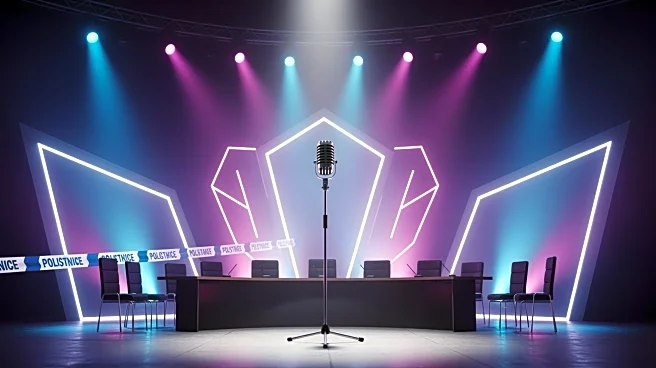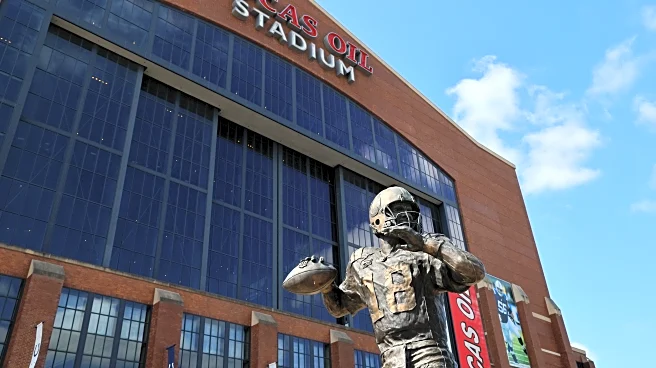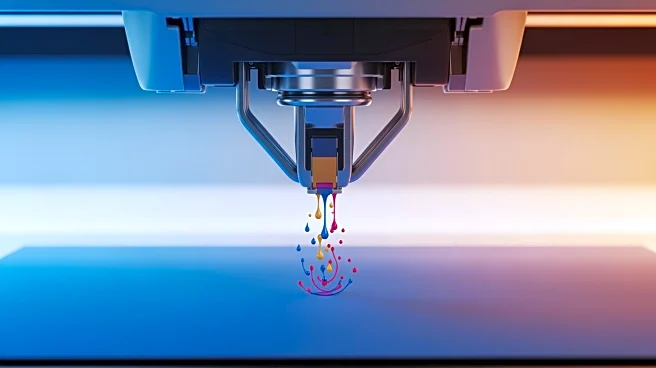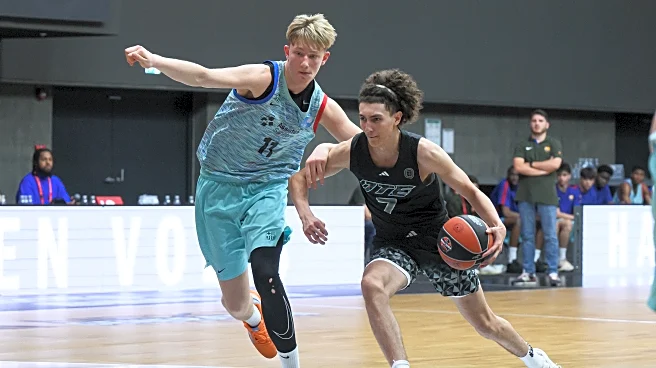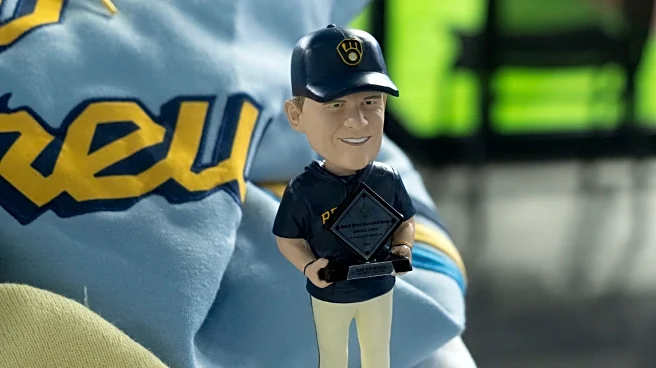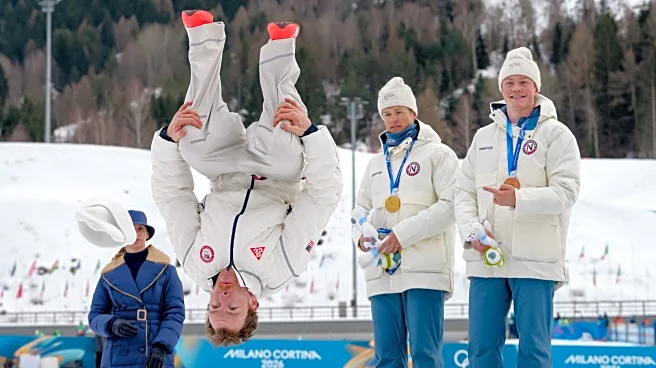What's Happening?
Bad Bunny is set to headline the Super Bowl LX halftime show on February 8, 2026, at Levi's Stadium in Santa Clara, California. The NFL, led by Commissioner Roger Goodell, has confirmed the decision despite
criticism from conservative groups. Bad Bunny, a three-time Grammy Award winner, will perform primarily in Spanish, marking him as the first male Latin American artist to headline the event. The selection was announced jointly by Apple Music, the NFL, and Roc Nation, which has curated the halftime show since 2023. Goodell emphasized that the choice was carefully considered and not made hastily, aiming to feature one of the world's leading entertainers.
Why It's Important?
The decision to feature Bad Bunny at the Super Bowl halftime show is significant as it highlights the NFL's commitment to diversity and cultural representation. The choice has sparked controversy, particularly among conservative groups and supporters of President Trump, who criticize the artist's political activism and Spanish-language performance. This backlash underscores ongoing cultural and political tensions in the U.S. However, the NFL's unwavering stance suggests a shift towards embracing global and multicultural influences in mainstream American events. The support from celebrities like Jennifer Lopez and LeBron James further indicates a broader acceptance and celebration of Latin American culture in the entertainment industry.
What's Next?
As the Super Bowl approaches, preparations for Bad Bunny's performance will intensify, with rehearsals and planning set to continue over the next few months. The NFL is expected to maintain its defense of the decision against ongoing criticism. Meanwhile, production teams will finalize set design and choreography by December 2025, and broadcast networks will launch promotional campaigns in January 2026. The performance is anticipated to be a high-energy show, potentially serving as a pivotal moment in the cultural representation debate within major U.S. events.
Beyond the Headlines
The controversy surrounding Bad Bunny's Super Bowl performance highlights deeper cultural and political divides in the U.S. The artist's outspoken support for Puerto Rico and progressive causes, along with his criticism of the Trump administration, has made him a polarizing figure. This situation reflects broader societal debates about language, identity, and representation in American culture. The NFL's decision to stand by Bad Bunny may signal a long-term shift towards inclusivity and diversity in entertainment, challenging traditional norms and expectations.
